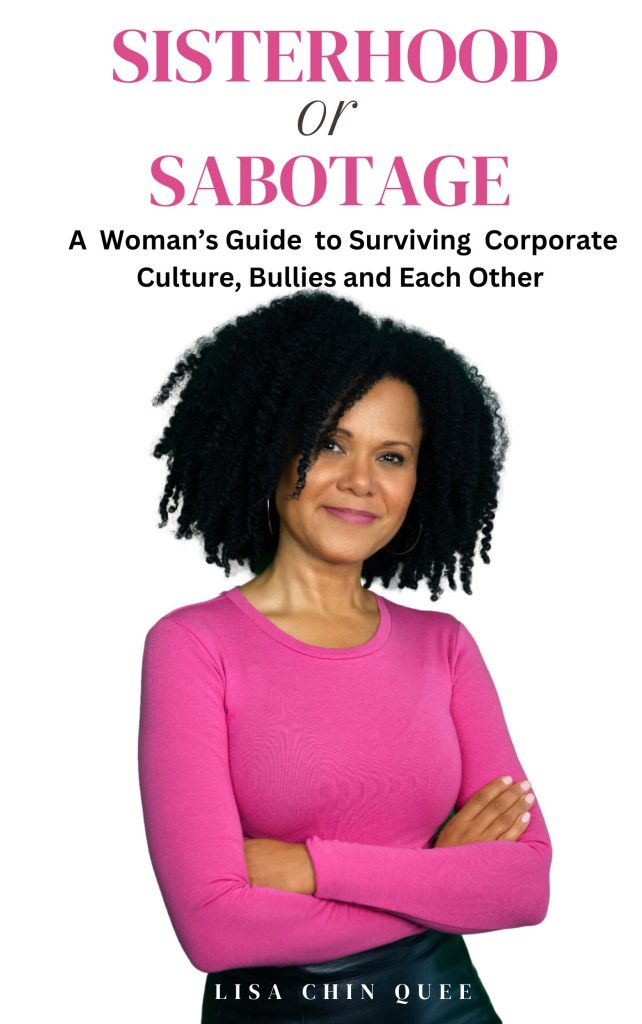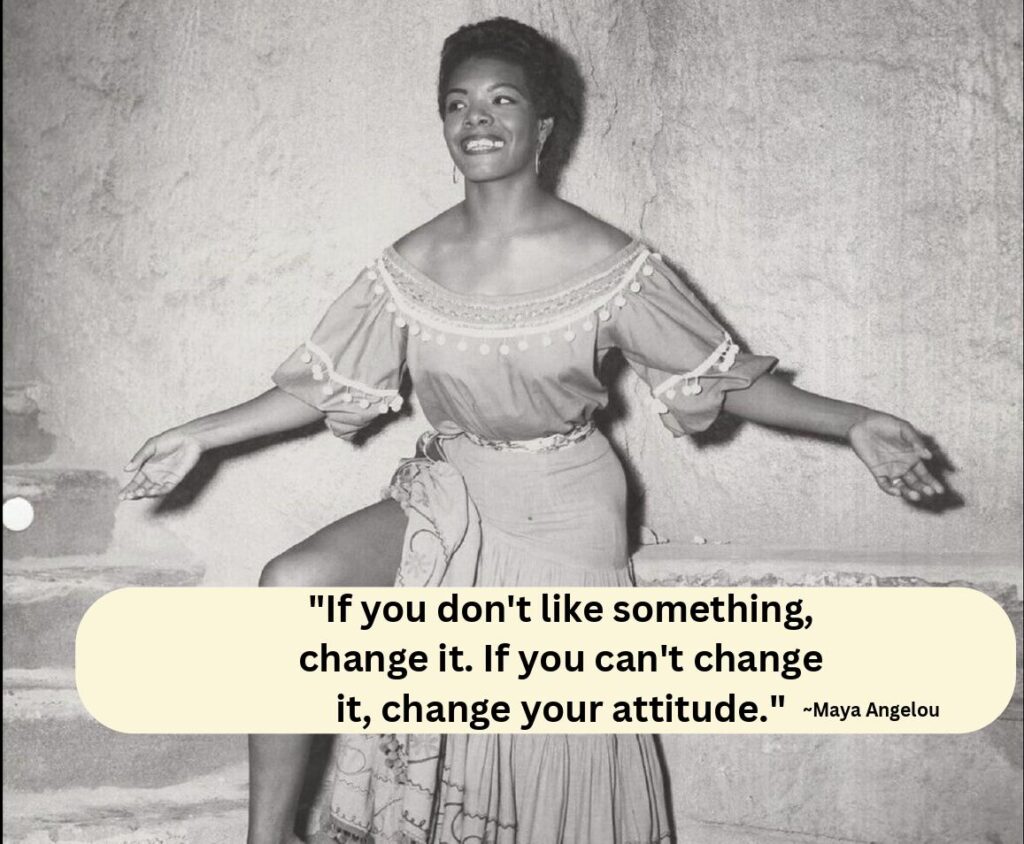How much sex is normal?
As a sexologist, I hear this question often from singles, couples, men, women, youth, older adults and everyone in between. And my clients are often disappointed in the answer. Ultimately, it is up to you to decide what works for you and your partners if they are a part of the picture.
Sexual compatibility within a relationship involves balancing your needs with those of your partner. This applies to many components of sex other than frequency, but discrepancies in desire are a common relationship challenge that can be addressed with a healthy dose of compromise and understanding. When one partner wants it more than the other, couples can work toward finding some middle ground; and expanding definitions of sex is an important first step toward striking a fair balance.
If you love sex and want it more often than your partner, do not fret. You have every right to communicate your burning desire, but you do not have a right to demand sex and need to be understanding of your partner’s limitations. You can help by working to cultivate intimacy within your relationship and learning to be affectionate even when sex is not on the table. Even a long hug can increase oxytocin levels which promote feelings of closeness and intimacy. Pressuring your partner is never a good approach, as this is one of the best ways to turn a relationship sour and pressure is a major turn-off. No one is ever obligated to have sex regardless of relationship status. You may want to ask your partner about his/her fantasies so that you can do more to nourish them and help foster desire. This might involve setting the scene with romantic music, candles, massage, sexy outfits or role-play. You also need to learn to take care of yourself. That’s right! If you like sex everyday and your partner is happy with it once a week, be a great lover and love yourself.
If, on the other hand, you do not want sex as often as your partner, rest assured that you are probably healthy and normal as well. Though the medical community is quick to label “low” sexual desire as a problematic condition, it only becomes a problem if you feel it is. You can see a doctor to test hormone levels and check your overall health, as low sexual desire may be connected to other health issues. But if your reliable medical practitioner gives you a clean bill of health and you feel just fine about your so-called low libido, embrace that feeling. Each person is unique and our levels of sexual desire fluctuate with the wind. It is important to note that medical research is often at odds with the subjective lived experiences of women and men when it comes to sexual desire.
However, if you are concerned about your low levels of sexual desire or and would like to crave and enjoy sex more often, you can consider some strategies to help cultivate desire. Begin by checking your diet and exercise regime, as healthy people tend to have more sex. Start reading erotic fiction or looking for erotic triggers in films or photography and when you find something that works for you, keep it by your bedside. Take steps to feel great about yourself and your body and learn more about the importance of a positive body-image.
Many people report that the more sex they have (alone or with a partner), the more they crave it, so consider getting sexy even if you’re not in the mood from the onset. Touch and explore your whole body from head to toe to learn more about what makes you tick. You can share your discoveries with your partner by gently guiding his/her hand the next time you get intimate.
If you need help getting motivated, bear in mind that sex is associated with a range of health benefits from improved cardiovascular health to glowing skin and shiny hair.
Sexual compatibility in relationships is important and it doesn’t always come naturally, as our levels of desire fluctuate over time. Open communication, a willingness to compromise and the acknowledgment that sex and intimacy go far beyond intercourse alone will take you a long way on the road to happily ever after in the land of sex.
 Dr. Jessica O’Reilly is a board-certified sexologist committed to helping clients enjoy healthy, pleasurable sex lives. She has completed her PhD in human sexuality with a focus on training teachers to deliver effective sex education. She loves her work (obviously!) and splits her time between public speaking engagements, freelance writing, program development and consulting in the field of sexual health. Learn more at www.jessicaoreilly.com
Dr. Jessica O’Reilly is a board-certified sexologist committed to helping clients enjoy healthy, pleasurable sex lives. She has completed her PhD in human sexuality with a focus on training teachers to deliver effective sex education. She loves her work (obviously!) and splits her time between public speaking engagements, freelance writing, program development and consulting in the field of sexual health. Learn more at www.jessicaoreilly.com





